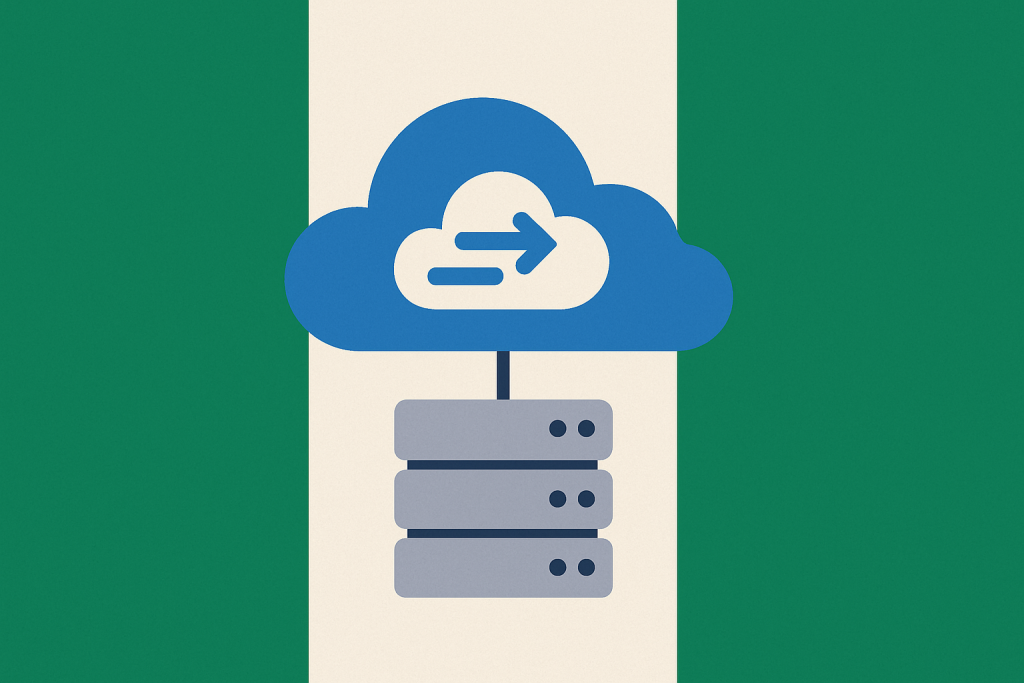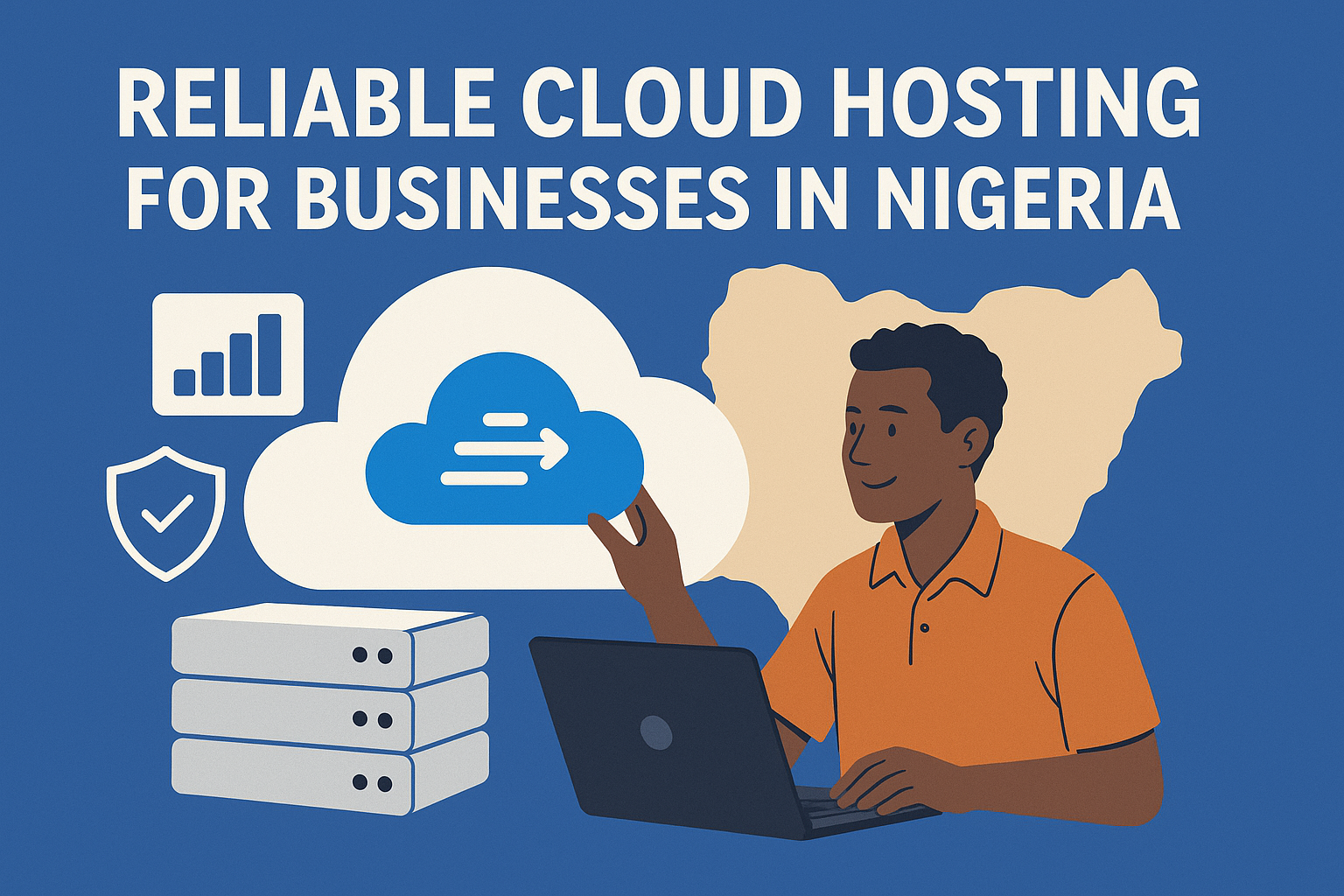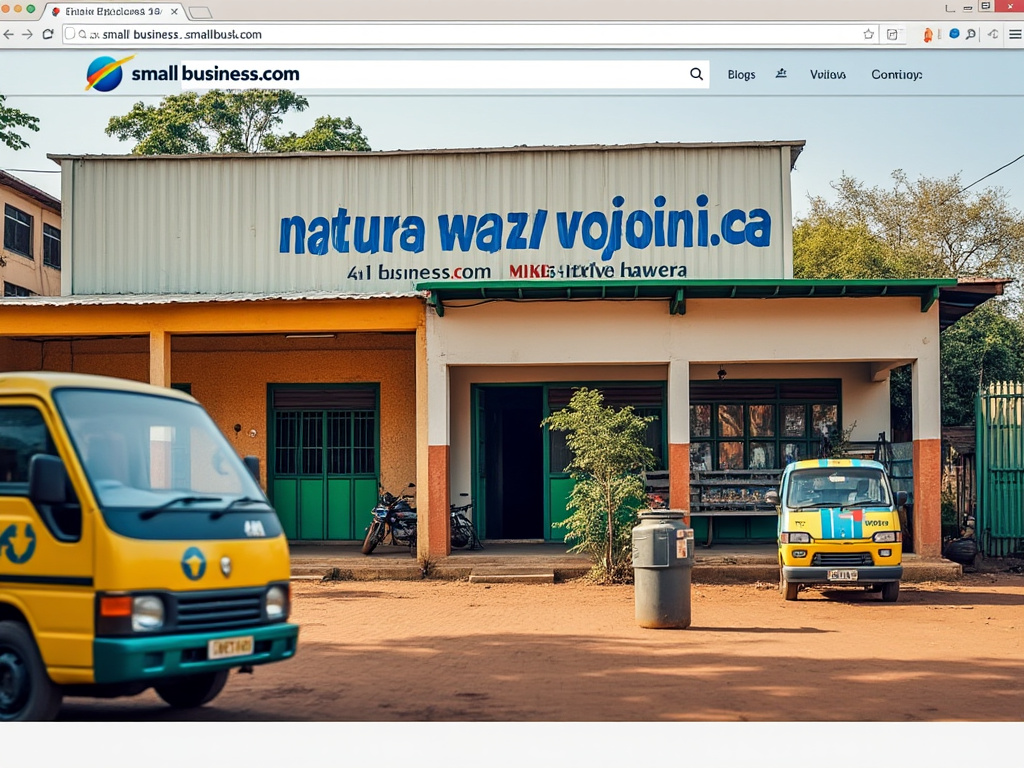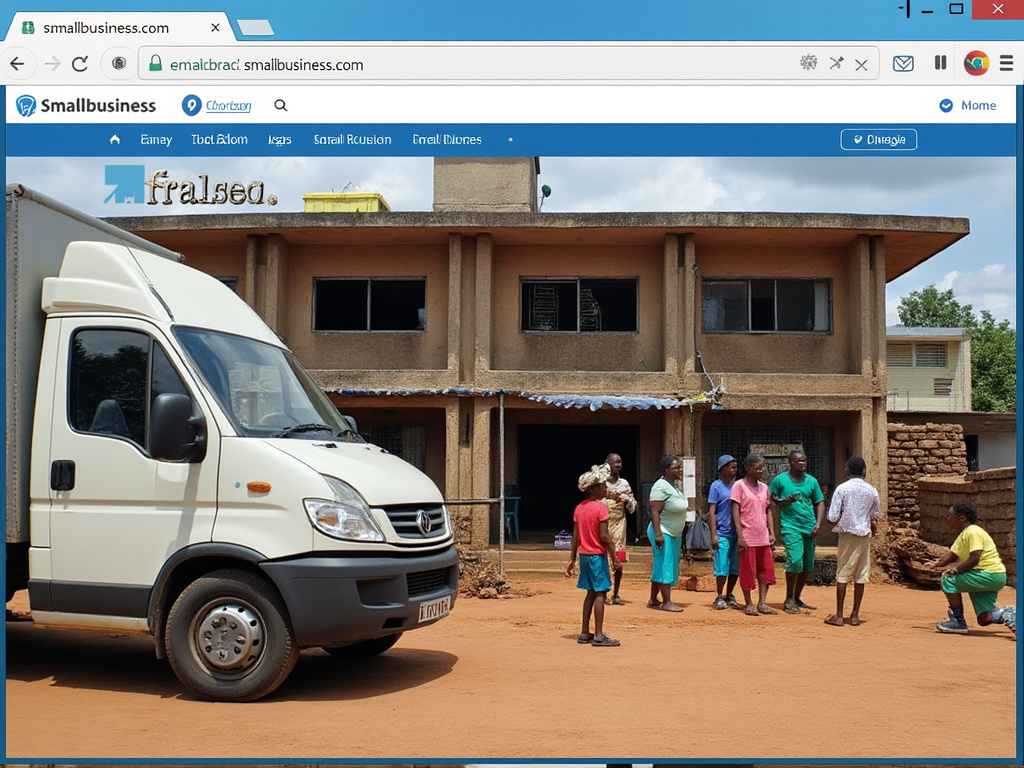Reliable Cloud Hosting for Businesses in Nigeria
Today, many businesses in Nigeria are using the internet to run their daily work. They sell goods online, keep customer records, store files, and run websites. To do all these things, they need a place to keep their data safe and easy to reach. That place is called the “cloud.”
Cloud hosting is a way for businesses to store their data and run their websites on the internet instead of on their own computers. This helps companies save money, work faster, and keep their information safe. But the cloud must be reliable. If it is slow or goes down, it can hurt the business. That is why choosing a reliable cloud hosting service is very important.
What Is Cloud Hosting?

Cloud hosting means using a group of connected computers (called servers) to store data, run websites, and support apps. These servers are not in your office. They are in special buildings called data centers, and you can access them online from anywhere.
When you use cloud hosting, you do not need to buy expensive hardware. You just pay for what you use. This makes it a good choice for small and large businesses alike.
Why Businesses in Nigeria Need Cloud Hosting

Businesses in Nigeria are growing fast. Many are going digital to reach more customers. Here are some reasons why cloud hosting is useful for them:
1. Cost Saving
Buying servers and setting up your own IT team is expensive. With cloud hosting, you don’t need to do that. You just pay a monthly or yearly fee and the hosting company takes care of everything.
2. Easy Access
Cloud hosting lets you reach your data anytime, from anywhere. This is very helpful for businesses that have teams working in different places or from home.
3. Better Security
Good cloud hosting companies protect your data with strong security tools. They back up your files and keep them safe from hackers, viruses, or power problems.
4. Scalability
This means you can grow your hosting space as your business grows. If you need more power or space, you can get it easily. You don’t have to buy new hardware every time your business expands.
5. Support and Maintenance
Cloud hosting companies provide 24/7 support. If anything goes wrong, you can get help fast. They also handle updates and maintenance, so you don’t have to worry about technical problems.
Challenges in Nigeria
While cloud hosting has many benefits, there are still some challenges in Nigeria:
1. Internet Speed
Many areas in Nigeria still have slow or unstable internet. Cloud hosting needs good internet to work well. Without it, businesses may face delays and trouble accessing their data.
2. Power Supply
Unstable electricity can affect business operations. If the internet or office devices go off during work, it can stop access to the cloud. Some companies use backup power (like generators or solar) to avoid this issue.
3. Cost of Data
Mobile data and broadband can be expensive in Nigeria. This makes it harder for some businesses to use cloud services fully.
4. Lack of Knowledge
Some business owners don’t fully understand what cloud hosting is or how to use it. They may fear losing control over their data or think it’s too technical. More education and awareness are needed.
What to Look for in a Reliable Cloud Hosting Provider

If you want to choose a reliable cloud hosting service in Nigeria, here are some things to check:
1. Uptime Guarantee
Uptime means how often your website or app is online and working. A good hosting provider should promise 99.9% uptime. This means your service will hardly ever go down.
2. Speed and Performance
Your website should load fast. Slow websites can make customers leave. Check that the hosting provider uses high-speed servers and has data centers near Africa.
3. Security Features
Look for services with firewalls, encryption, backup options, and protection from cyber attacks. Your data must stay safe.
4. Customer Support
You should be able to reach support any time—day or night. Choose providers with good reviews for support service.
5. Flexible Plans
Your needs may change. Look for plans that let you upgrade or reduce your services easily without losing money.
6. Local Presence
Some hosting companies have offices or data centers in Nigeria. This can improve speed and support and help you follow local laws.
Top Cloud Hosting Providers for Nigerian Businesses
Here are some reliable cloud hosting options for businesses in Nigeria:
1. Sonhosting
Sonhosting is a local hosting company. It is easy to use, affordable, and offers good support. They provide both shared and cloud hosting.
2. Whogohost
Whogohost is one of the biggest web hosting companies in Nigeria. They offer cloud hosting, email hosting, and domain registration. Their support is local, and they accept payments in Naira.
3. Smartweb
Smartweb is another Nigerian company. It offers VPS, cloud hosting, and server options. Their prices are fair and they provide good security.
4. Hostinger
Hostinger is an international company with low prices and fast service. Their servers are not in Nigeria, but their global reach gives good speed.
5. Google Cloud / Microsoft Azure / Amazon Web Services (AWS)
These are global cloud giants. They offer powerful tools, high speed, and strong security. But they are more expensive and may require more technical knowledge.
You May Also Like: The 11 Shocking Benefits of Cloud Hosting: Explained In Layman Terms
Tips for Using Cloud Hosting Well
To get the most out of cloud hosting, follow these tips:
- Choose the right plan: Don’t buy too much or too little. Start with what you need and grow from there.
- Back up your data: Even though cloud services do backups, you should also keep your own copy.
- Train your team: Make sure your staff knows how to use cloud tools properly.
- Monitor your usage: Keep an eye on your monthly use so you don’t get surprised by the bill.
Cloud hosting is a smart choice for Nigerian businesses that want to grow, save money, and work better. It helps you keep your data safe, reach more customers, and work from anywhere. But you need a reliable provider to enjoy the full benefits.
Before choosing, compare hosting companies, read reviews, and make sure they offer the features your business needs. With the right setup, cloud hosting can help Nigerian businesses succeed in a digital world.



























